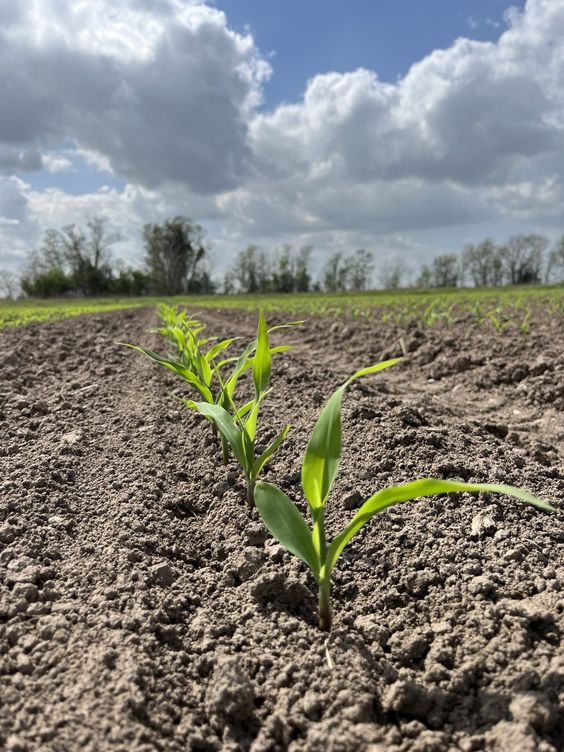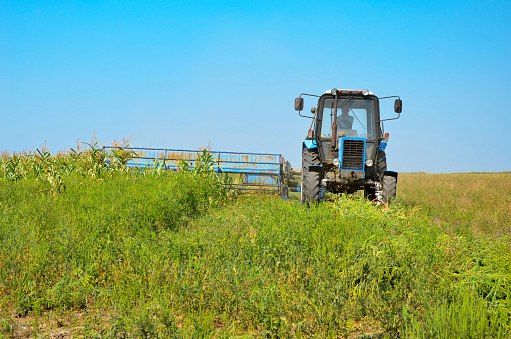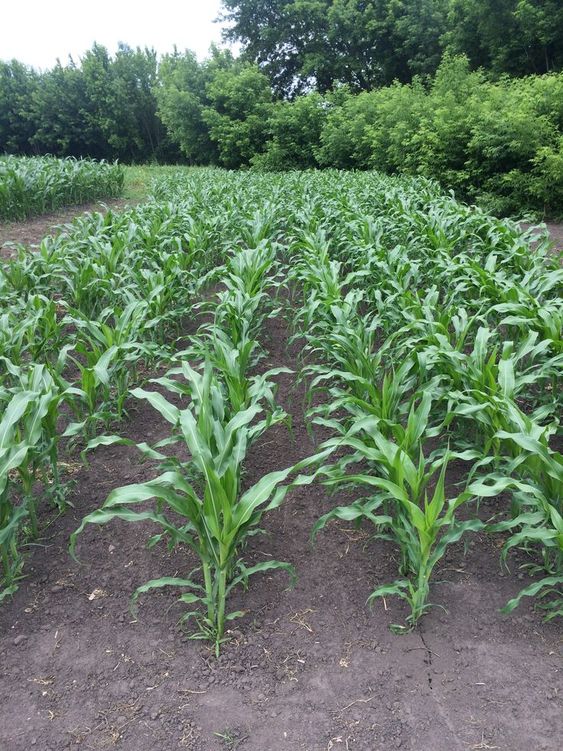Cultivating Efficiency: How Plant Management Systems Revolutionize Smart Agriculture
Plant Management Systems industry is undergoing a significant transformation, driven by technological advancements. Smart agriculture, a concept encompassing the use of technology to optimize farming practices, is rapidly gaining traction. At the heart of this revolution lies the plant management system (PMS), a software solution that empowers farmers to make data-driven decisions for improved crop health, yield, and resource management.
The Challenges of Traditional Farming
For generations, farmers have relied on experience and intuition to manage their crops. While these traditional methods have served their purpose, they are often limited by factors like:
- Limited data collection: Traditional methods primarily rely on visual inspection and manual record-keeping. This approach lacks the granularity and comprehensiveness needed for precise decision-making.
- Reactive approach: Farmers often react to problems after they have manifested, leading to potential yield losses and increased costs.
- Inefficient resource management: Water, fertilizers, and pesticides can be overused or underused when relying solely on traditional methods.
Plant Management Systems: A Data-Driven Approach
Plant management systems bridge the gap between traditional farming and data-driven agriculture. These systems act as a central hub, collecting real-time data on various crop and environmental parameters. This data can include:
- Soil moisture levels
- Air temperature and humidity
- Nutrient levels
- Light intensity
- Presence of pests and diseases
How PMS Contribute to Smart Agriculture
Data collected by the PMS is analyzed using algorithms and machine learning. This allows farmers to gain valuable insights into factors impacting their crops. Here’s how PMS contribute to smart agriculture:
- Improved decision-making: Real-time data allows farmers to make informed decisions about irrigation, fertilization, and pest control. They can target interventions precisely, optimizing resource use and minimizing waste.
- Early problem detection: PMS can detect potential issues like nutrient deficiencies or pest infestations early, allowing for timely intervention. This proactive approach prevents significant damage and minimizes yield losses.
- Precision agriculture: PMS enables farmers to implement precision agriculture practices. By tailoring inputs like water and fertilizer to specific areas of the field based on real-time data, farmers can optimize resource use and maximize yield potential.
- Enhanced recordkeeping: PMS automatically record data, eliminating the need for manual record-keeping and ensuring data accuracy. This information can be used for future planning and benchmarking.
- Improved farm efficiency: By streamlining processes and optimizing resource use, PMS contribute to overall farm efficiency, leading to increased profitability.
Components of a Plant Management System
A typical PMS consists of several key components:
- Sensors: These devices are deployed throughout the field and collect data on various environmental and crop parameters.
- Data acquisition system: This system gathers and transmits data from the sensors to a central platform.
- Software platform Plant Management Systems: This platform provides a user interface for accessing, visualizing, and analyzing collected data. The software can also integrate with automation systems, enabling control of irrigation valves, fertigation systems, and climate control equipment.
- Analytics Plant Management Systems: The platform uses built-in analytics or integrates with external tools to generate insights and recommendations for farmers.
Benefits of Implementing a Plant Management System
The benefits of implementing a PMS are numerous and extend far beyond simply improving crop yield. Here are some key advantages:
- Increased profitability: By optimizing resource use and reducing waste, farmers can see a significant increase in their profit margins.
- Improved sustainability: PMS allows for targeted application of resources, minimizing environmental impact. This promotes sustainable agricultural practices.
- Reduced labor costs Plant Management Systems: Automation of tasks facilitated by PMS can free up valuable labor, allowing farmers to focus on other aspects of their operations.
- Improved risk management: Early detection of problems empowers farmers to take timely action, minimizing potential losses.
- Enhanced farm management: PMS provide a holistic view of farm operations, allowing for better planning and resource allocation.
Considerations Before Implementing a PMS
While PMS offer a wealth of benefits, there are some factors farmers should consider before implementing one:
- Cost Plant Management Systems: The initial investment for a PMS can be significant. However, the long-term benefits outweigh the costs in most cases.
- Technical expertise: Understanding how to operate and interpret data from the PMS may require some initial training.
- Data security Plant Management Systems: It’s crucial to choose a PMS provider with robust data security protocols to protect sensitive farm data.
- Compatibility: Ensure the PMS is compatible with existing farm equipment and infrastructure.




